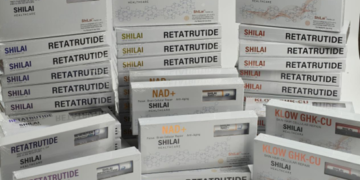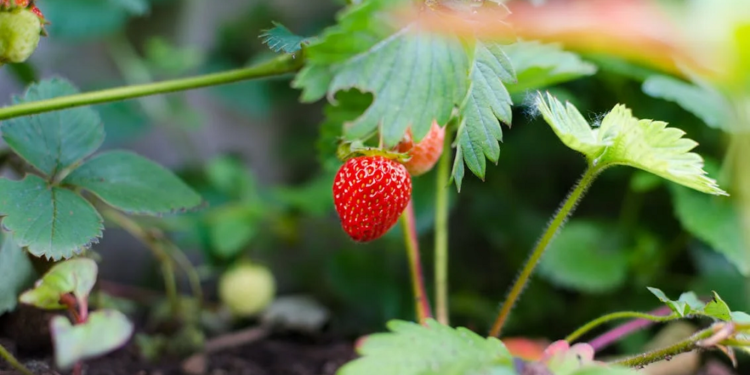Growing food at home is a gratifying activity that provides visual enjoyment, mental health advantages, and, frequently, an abundant crop. Nonetheless, there are certain difficulties associated with this calm occupation. Even the most experienced gardeners may be surprised by the hidden dangers connected to home gardening. Understanding these risks, which range from soil contamination to the spread of exotic species, is essential for a successful gardening experience.
The importance of effective pest management
Pest control is one of the most important things to focus on while maintaining a healthy garden. Pests can cause significant damage to your plants, and they come in many shapes and sizes. Effective pest control involves getting rid of these pests and protecting non-target species and the environment. Locating trustworthy pest control Sheffield providers is crucial for gardeners in cities like Sheffield. These professionals can help keep pest populations under control while preserving the security and well-being of your landscape.
Soil health and contamination risks
Any garden starts with healthy soil, which directly impacts plant development and food safety. In-home gardening, contaminated soil can pose a serious concealed risk. In urban gardens near industrial areas or high traffic, lead, arsenic, and other heavy metals can build up in the soil. These poisons could harm humans if plants absorb them. Soil testing, amendments, and topsoil replacement are needed to eliminate these risks and protect your garden produce.
Dealing with invasive species
A further major risk to home gardens is invasive plant species. These non-native species can quickly take over a garden because of their fast growth and lack of natural predators. This can result in long-term ecological harm and impact the garden’s biodiversity. Choosing the right plants, keeping a close eye on them, and occasionally consulting with local agricultural extension organisations for advice on removal and preventative methods are all necessary for managing invasive species.
Climate challenges and water management
The challenges posed by climate change to gardeners are increasing. Seasonal changes, rising temperatures, and erratic weather patterns can all affect gardening plans and plant viability. Given the unpredictability of droughts and floods, water management becomes a critical concern. To effectively handle these water-related difficulties, adopt sustainable techniques, including drip irrigation, rainwater gathering, and selecting drought-resistant plant kinds.
Navigating health risks
Although gardening is usually a safe outdoor pastime, certain health concerns are involved, particularly for people who already have medical issues or allergies. Prolonged sun exposure can cause skin damage and other health problems without the right protection. Physical harm might also result from heavy lifting and improper handling of gardening equipment. These dangers can be reduced by employing ergonomic tools and suitable clothes.
Conclusion
Growing food at home is a rewarding hobby with many advantages and helps people feel more connected to nature. However, for the sake of the garden and the gardener’s health, it is crucial to navigate the hidden risks that come with it. By being aware of and capable of handling these difficulties, gardeners can ensure their green areas flourish and continue to be sources of happiness and sustenance.




























